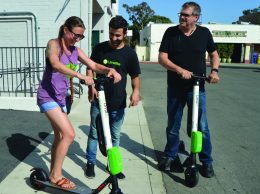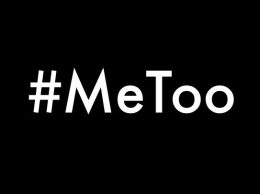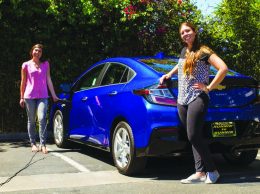A recent decision by the state Division of Labor Standards Enforcement has greatly shaken the California business community. The ruling found that an Uber driver is an “employee” and not an “independent contractor” as the entire industry had previously presumed. Although this decision only pertains to that specific case, it could end up changing the entire business model for this rapidly growing industry now known as “sharing economy.”
Sharing economy refers to a burgeoning marketplace of digital platforms connecting freelance providers with customers wanting a ride (Uber), a place to stay (Airbnb), grocery delivery (GrubHub), or random errand runs (TaskRabbit). This new business model has recently exploded in our economy and looks to be here to stay.
Up until now, our labor/legal system has identified workers as either “employees” or “independent contractors.” An employee is defined as anyone who performs services for another and in which that other controls what will be done and how it will be done. Employees have numerous protective rights under our labor law system including employee benefits, sick pay, overtime compensation and worker’s compensation to injured laborers. Conversely, independent contractors are self-employed individuals with complete autonomy and no real boss. The person who hires an independent contractor only has the right to control the result of the work and not what will be done and how it will be done. Independent contractors have almost no labor law protective rights.
They work for themselves.
Since Uber drivers, GrubHub delivery people, errand runners for TaskRabbit, etc. use their own vehicles, make their own hours and are given no employee benefits, it was presumed that these workers were independent contractors by both the company itself and by the workers. With this recent ruling, their “independent contractor” classification has come into question.
If these workers are now switched to the classification of employees, the personnel costs of these companies will skyrocket and their entire business model will be forced to change. The companies will have increased costs for mandated employee benefits, insurance and overtime. These increased costs would result in increased costs to the end consumer, which may result in the business becoming unprofitable and eventually shutting down. These companies have built their economic, financial and corporate structure on the premise that they do not employ people directly. If the courts find differently, these businesses will all have to completely restructure themselves.
However, restructure may well be the reality. The rationale for why the Division of Labor Standards Enforcement found that the Uber driver was not an independent contractor was because it reasoned that although the driver is independent in the way that he chose to work, he is dependent on a singular platform for his livelihood. Further, Uber controls which drivers can be allowed into the system after passing a background check, what kind of vehicles they may drive and how much they can charge for rides. This type of control flies in the face of the independence that independent contractors are defined by.
Up until now, sharing economy labor issues have only been handled on a state level. The federal government has not passed any pertinent legislation on the subject. Given this recent Division of Labor Standards Enforcement ruling, this may change. In fact, Sen. Mark Warner recently appealed to Congress to take up this issue.
The consensus among the workers and companies seems to be the need for a compromise. It has been proposed that a new class of workers be designated. This class, called “the dependent contractor,” should be protected by laws that take into account the emerging business model for the sharing economy. These workers need a new classification because they do not neatly fit into the existing classifications. They are truly neither employees nor independent contractors. They have more flexibility that your typical employee, yet companies still retain significant control over their work lives by setting the price for their services, setting rules on logos and being able to fire them at a moment’s notice. The new “dependent contractor” will be identified as technically self-employed but reliant on income funneled through a third party. As our business models shift and grow, so must our labor laws.
• Lisa Spiwak is a partner with the firm Spiwak & Iezza in Thousand Oaks. Reach her a LSpiwak@SpiwakandIezza.com.






 Print
Print Email
Email

















